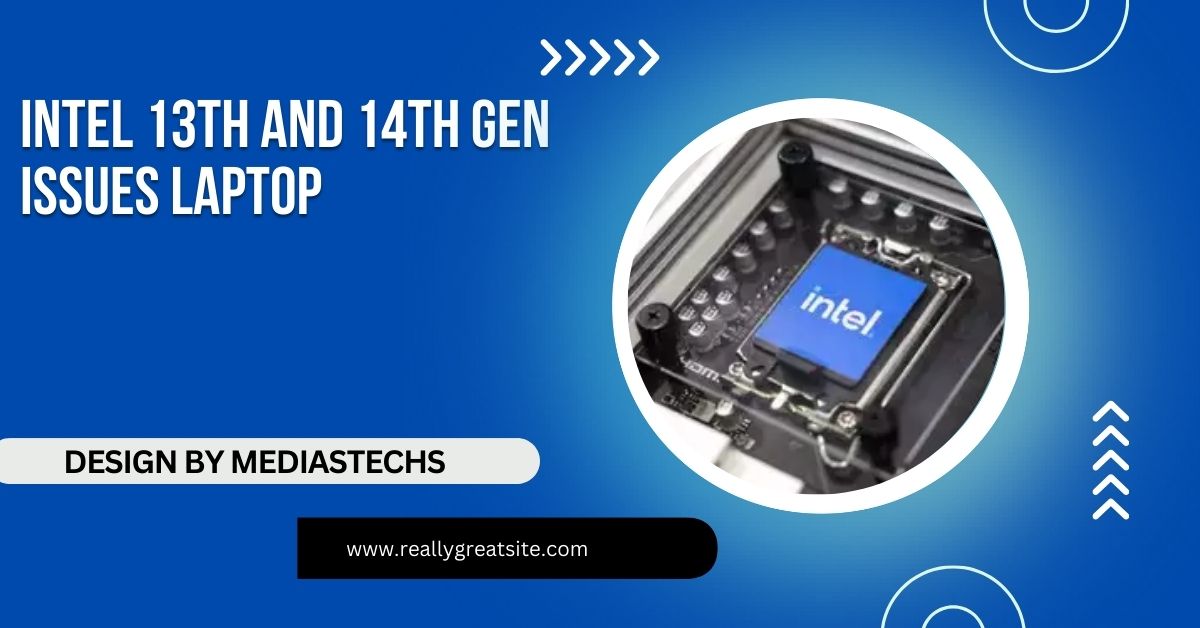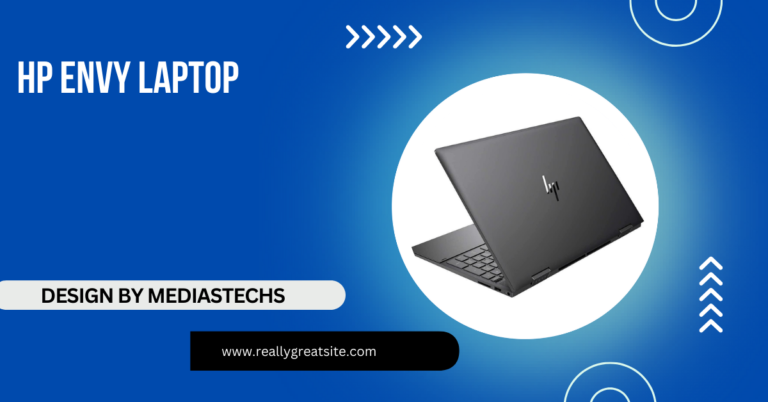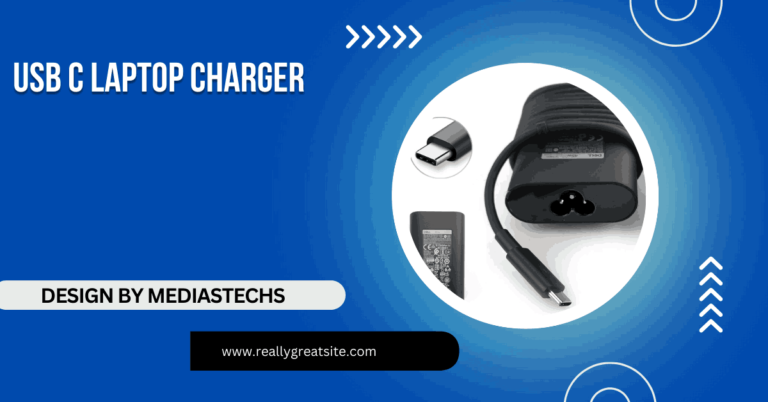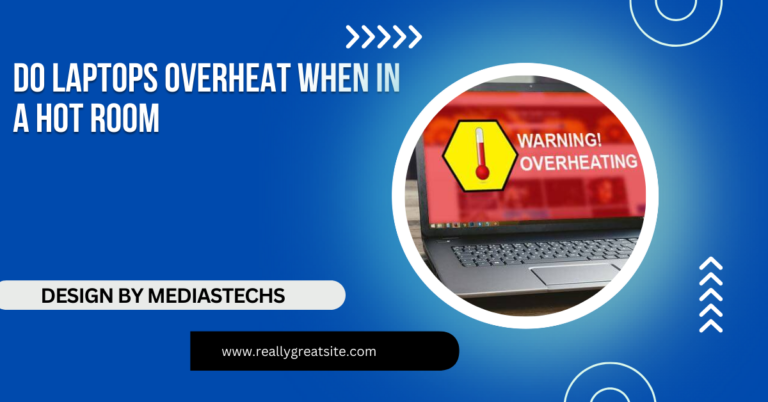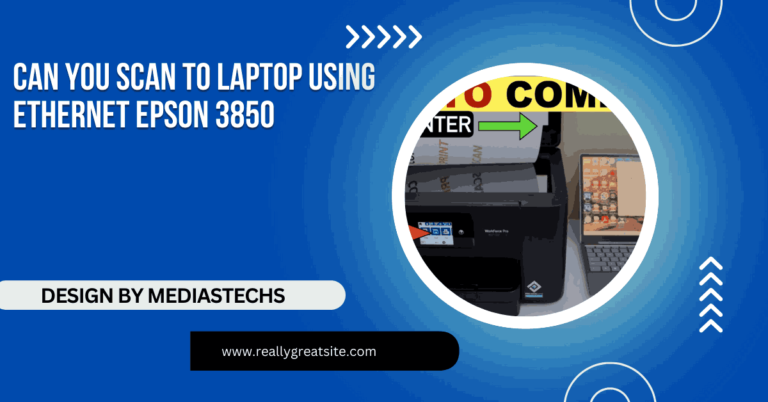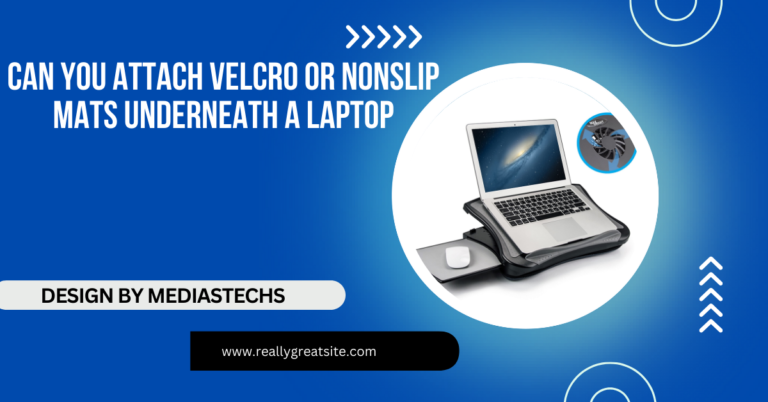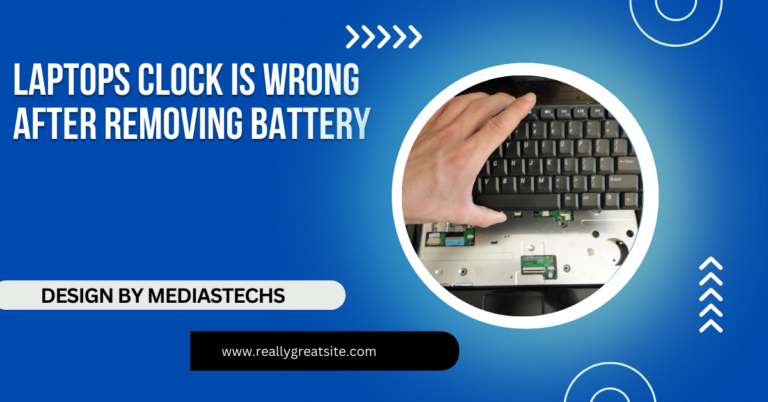Intel 13th and 14th Gen Issues Laptop – A Detailed Guide for Users
Explore common issues in Intel 13th and 14th Gen Issues Laptop, such as overheating, short battery life, and GPU bottlenecks. Discover causes, solutions, and tips for selecting the best laptop for your needs
Intel 13th and 14th Gen Issues Laptop bring improved performance and efficiency, but users have encountered issues like overheating and software compatibility.
What’s New with Intel 13th and 14th Gen Processors?
Intel 13th Gen (Raptor Lake)
Intel’s 13th Gen processors are built on the foundation laid by their predecessor, Alder Lake, with an emphasis on improving performance-per-watt efficiency and increasing the number of cores. Raptor Lake processors are well-suited for gaming laptops and high-performance ultrabooks. Notable features include:
- Increased Core Count: More efficient cores, allowing laptops to handle more tasks simultaneously.
- Boosted Clock Speeds: Higher clock rates for better gaming performance and single-threaded tasks.
- Improved Overclocking: Better thermal performance, enabling users to push the processors beyond their stock speeds.
- Enhanced AI Features: More AI-based task optimizations, aimed at improving video conferencing, speech recognition, and battery life.
Intel 14th Gen (Meteor Lake)
The 14th Gen processors feature Intel’s new chiplet architecture, a move away from the traditional monolithic die design. This modular approach allows Intel to integrate different technologies more efficiently, resulting in better performance, scalability, and power efficiency. Key innovations include:
- Hybrid Architecture: Combining performance cores (P-cores) with efficient cores (E-cores) for optimized performance.
- AI-Enhanced Processing: Built-in AI accelerators to handle complex AI workloads more efficiently.
- Advanced GPU: Integrated graphics improvements, making laptops with these processors better for gaming and media editing without needing a dedicated GPU.
- Power Efficiency: Significant battery life improvements, particularly during low-power tasks like web browsing and video playback.
While these processors promise improved performance, users have reported a range of issues with Intel’s 13th and 14th Gen-powered laptops.
Common Intel 13th and 14th Gen Laptop Issues
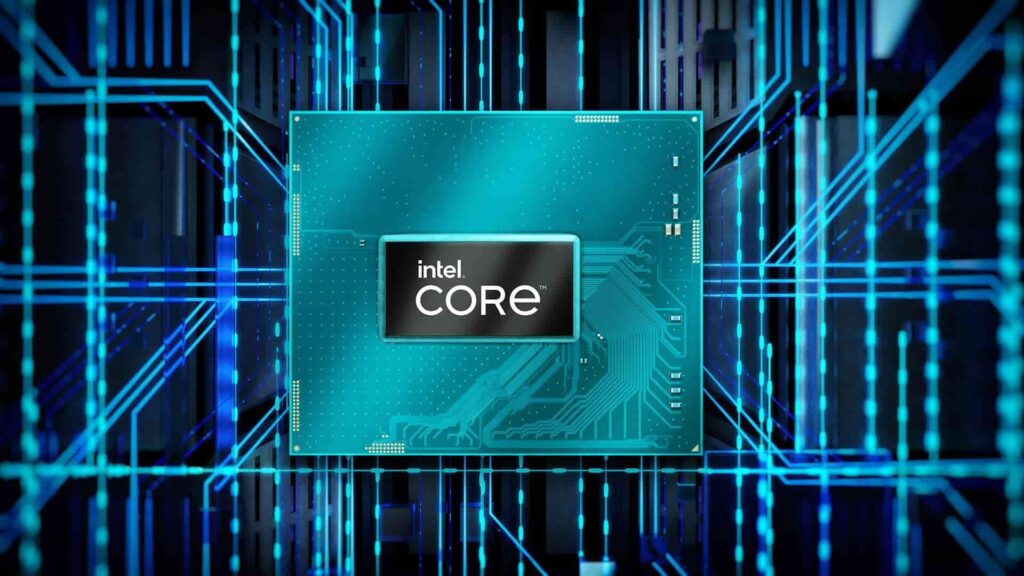
a. Overheating and Thermal Throttling
One of the major complaints with Intel 13th and 14th Gen laptops is overheating, especially when performing resource-intensive tasks such as gaming, video editing, or 3D rendering.
Causes:
- High Core Counts: With more cores, these processors generate more heat, especially when all cores are fully utilized.
- Poor Cooling Solutions: Many ultra-thin laptops lack robust cooling systems, which can exacerbate overheating.
- Thermal Throttling: To prevent damage from overheating, laptops automatically reduce performance, leading to throttling during heavy tasks.
Read: Egpu Issue With Dell Laptop – Causes and Solutions!
Effects:
- Decreased performance during high-load tasks like gaming or video rendering.
- Laptop fans running at high speeds, creating noise issues.
- Shortened lifespan of components due to constant exposure to high temperatures.
Solutions:
- Cooling Pads: External cooling pads can significantly reduce the heat by improving airflow.
- Throttling Control Software: Tools like Intel XTU (Extreme Tuning Utility) can help manage throttling by reducing CPU frequency during demanding tasks.
- Laptop Stand: Elevating your laptop can improve airflow and reduce thermal buildup.
b. Short Battery Life
While Intel’s 14th Gen processors have been optimized for better power efficiency, users still report short battery life during intensive workloads. The processors’ high performance often comes at the expense of battery longevity, especially in laptops without large batteries.
Causes:
- High Power Consumption: More cores and higher clock speeds can drain the battery quickly during heavy use.
- Background Applications: Many laptops come with pre-installed software or applications running in the background, consuming unnecessary resources.
- Poor Power Optimization: Some laptops are not optimized to fully take advantage of the 14th Gen’s power-saving features, leading to faster battery depletion.
Effects:
- Frequent recharging, making the laptop less portable.
- Faster wear and tear on the battery due to frequent charge cycles.
Solutions:
- Power Management Settings: Adjust power settings to prioritize battery life over performance when necessary. Use Windows’ battery saver mode during lighter tasks.
- Disable Background Apps: Shut down unnecessary applications running in the background, particularly resource-heavy ones.
- Use the Right Charger: Always use the charger that came with the laptop, as using a lower-powered charger can impact the battery’s ability to hold a charge.
c. Compatibility Issues with Older Software
As Intel rolls out new architectures, compatibility issues with older software and drivers have emerged. Users have reported problems with certain applications not running optimally, particularly software that hasn’t been updated to leverage the new architecture.
Causes:
- Outdated Drivers: Laptops often come with drivers that aren’t fully optimized for the latest Intel chips.
- Old Software Versions: Some applications may not have updates available to support the new architecture, leading to crashes or poor performance.
- Peripheral Compatibility: Older peripherals (such as printers, scanners, or external drives) may not work seamlessly with the new chips, especially if they rely on legacy connections.
Effects:
- Frequent crashes or application freezes.
- Inconsistent performance when running older games or software.
- Incompatibility with certain peripherals, leading to additional costs for upgrades or replacements.
Solutions:
- Regular Driver Updates: Always keep your laptop’s drivers updated by checking with the manufacturer’s website.
- Look for Patches: If you are using older software, check the vendor’s website for any patches or updates that improve compatibility with Intel’s 13th and 14th Gen processors.
- Use Emulation Software: Some older programs may run better using emulation tools, which can replicate the environment of older processors.
d. Price-to-Performance Ratio Concerns
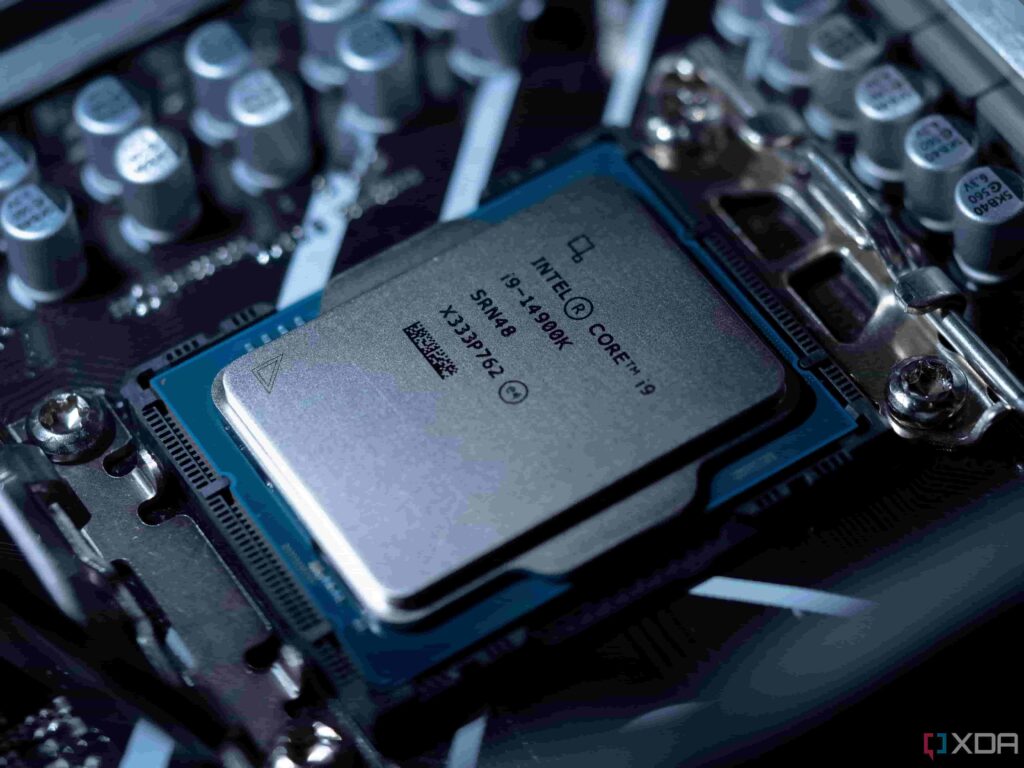
Though Intel’s 13th and 14th Gen processors provide top-tier performance, many users feel that laptops featuring these chips often come with a high price tag, particularly for the performance gains they provide over previous generations.
Causes:
- The cost of new technology is typically higher, and manufacturers pass this cost onto consumers.
- High-end components like premium displays, high-speed storage, and powerful GPUs often accompany laptops with these processors, further driving up the price.
Effects:
- Some users feel that the marginal performance gains don’t justify the significant price increase, especially when comparing laptops with Intel 12th Gen processors.
- Limited access to budget options, particularly for students or professionals who may not need the full power of these processors.
Read also: Can You Still Use Laptop on 0 Percent Battery – Key Insights and Tips
Solutions:
- Evaluate Your Needs: Consider whether you actually need the latest-generation processor. For many users, an Intel 12th Gen processor may be more than sufficient.
- Wait for Sales: Often, prices for high-end laptops drop during seasonal sales events or when newer models are released.
- Buy Refurbished: Purchasing a refurbished model can give you access to the latest tech at a lower price point.
e. GPU Bottlenecks in Gaming Laptops
In gaming laptops with integrated graphics, Intel’s 13th and 14th Gen processors often outstrip the performance of the built-in GPUs, leading to bottlenecking where the CPU is waiting for the GPU to catch up. This can lead to frame rate dips or stuttering in graphically intensive games.
Causes:
- Integrated Graphics Limitations: Intel’s integrated GPUs (such as Intel Iris Xe) are capable but still fall short compared to dedicated gaming GPUs.
- CPU-GPU Imbalance: Pairing a high-end processor with a mid-tier GPU can result in underutilization of the CPU.
Effects:
- Lower frame rates in newer games or during high-action scenes.
- Stuttering or slowdowns, particularly in GPU-intensive tasks like gaming or video editing.
Solutions:
- Opt for laptops with a dedicated GPU if gaming or 3D work is a primary concern.
- For non-gamers, ensure the software you use doesn’t rely heavily on the GPU before choosing a laptop with integrated graphics.
Looking Forward: What to Expect from Future Intel Processors
Intel’s 15th Gen processors, expected to launch in the near future, promise to address many of the current issues users are facing with the 13th and 14th Gen processors. With an expected focus on:
- Better Thermal Management: Improved chip design for better heat dissipation.
- Optimized AI Performance: Expanding on the AI capabilities introduced in the 14th Gen processors.
- Faster Integrated Graphics: Bringing integrated GPUs closer to dedicated GPU performance for gaming and content creation.
As Intel refines its approach to hybrid architecture and chiplet design, future laptops will likely offer a better balance between performance, efficiency, and user experience.
How to Choose the Right Intel 13th or 14th Gen Laptop
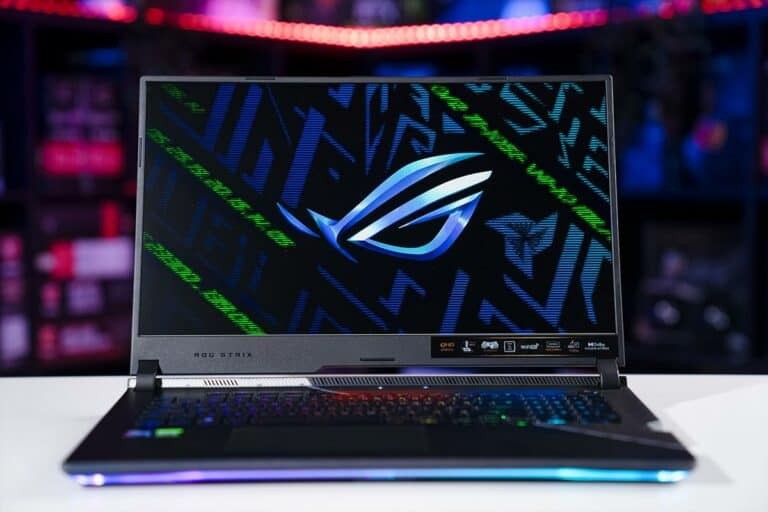
When selecting a laptop with an Intel 13th or 14th Gen processor, consider the following factors:
- Usage: If you’re primarily gaming or doing resource-heavy work, opt for a model with better cooling solutions and a dedicated GPU.
- Portability: Laptops with 13th or 14th Gen processors come in various form factors. For portability, choose ultrabooks with efficient power management.
- Price: Don’t pay for extra performance you don’t need. Many mid-range laptops with these processors will perform well for most tasks.
Read also: Can Viero One Touch Pair to a Laptop Computer A Step-by-Step Guide
FAQs
1. What causes overheating in Intel 13th and 14th Gen laptops?
Overheating is often caused by high core counts and poor cooling solutions in ultra-thin laptops, leading to thermal throttling during heavy tasks.
2. Why do Intel 13th and 14th Gen laptops have short battery life?
High power consumption from more cores and higher clock speeds, combined with background applications, can result in shorter battery life.
3. How can I fix software compatibility issues with Intel’s new processors?
Regularly update drivers and check for software patches, or use emulation software for older programs that may not be optimized for Intel’s latest chips.
4. Are Intel 13th and 14th Gen processors worth the price for everyday use?
While they offer top-tier performance, the price may not be justified for everyday users. Consider previous-generation models or wait for sales.
5. Do Intel 13th and 14th Gen laptops have GPU bottleneck issues in gaming?
Yes, integrated GPUs may bottleneck the performance of these processors, leading to lower frame rates and stuttering during graphically intensive games.

